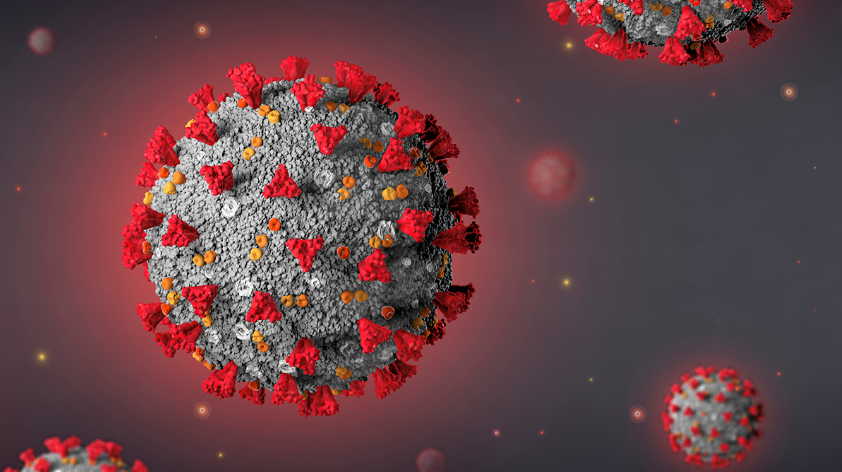In a very short time, the highly infectious Omicron COVID-19 variant has upended many aspects of our lives. Similar to Delta and other variants, Omicron causes similar symptoms including cough, fever, and fatigue. However, the Omicron variant is less likely to cause severe diseases such as pneumonia that may require hospital admission. If you have recently been in close proximity to someone with COVID or COVID-like symptoms, there is a significant chance you could have contracted the virus without having symptoms. The Omicron variant is much more contagious than the Delta variant because the viral load is significantly higher in Omicron, which means that someone infected with Omicron is more infectious than someone infected with Delta.
Recently, testing for COVID-19 has become significantly higher in demand, making it harder to access testing sites. If you have COVID-19 symptoms, it is better to be on the side of caution due to how infectious Omicron is. Currently, an average of 200 cases of COVID-19 are reported daily in Westchester County, and cases have been rising in the past few days (although the trend has been neutral since around mid-September). According to Hopkins Medicine, “The available commercial diagnostic PCR (polymerase chain reaction) and antigen COVID tests still appear to work to identify the omicron variant. We will know more in the coming weeks about how well the rapid at-home tests perform to detect the new variant.”
It is important to note that, yes, you can become infected with COVID-19 even if you have been infected previously, especially because there are two different variants. Though this is less likely within the first 90 days of initial infection, it could still occur. The Centers for Disease Control recommends testing 5-7 days after “close contact with a person with suspected or confirmed COVID-19.” The CDC defines close contact as being less than six feet away from an infected person for a total of fifteen minutes or more over a 24-hour period.
The Omicron variant spreads far faster than the Delta and other variants, and precautions that were suggested for previous variants need to be followed strictly and regularly. Simple things such as washing your hands more often, wearing masks, testing under any suspicion, staying out of packed public areas, and most importantly getting vaccinated, are all crucial to maintaining the health of the population.
The Omicron Variant and the Surge of Cases Coming With It







